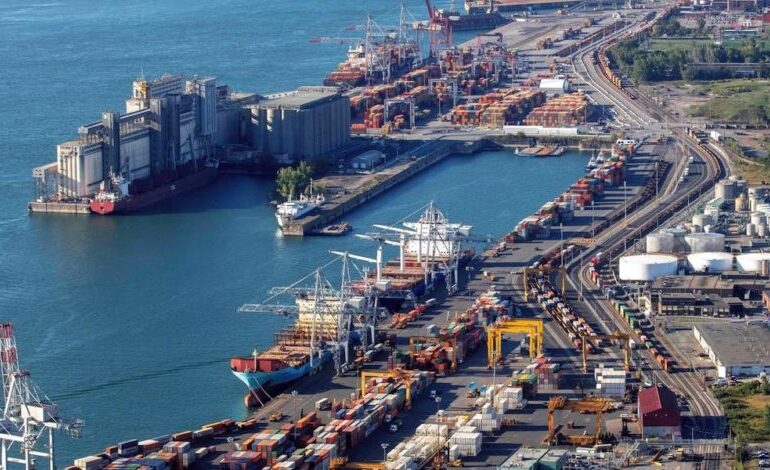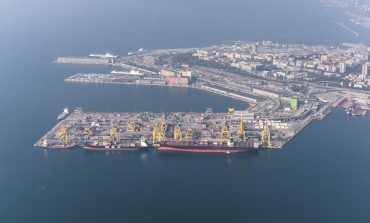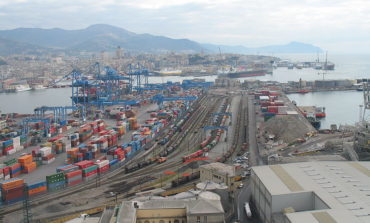 Featured
Featured

Francesco Parola
Dr. Francesco Parola is Associate Professor at the University of Genoa in the Department of Economics and Business. He is also member of the “Italian Centre of Excellence for Integrated Logistics” and of the “MAR.TE. sea-land logistics” research consortium based in Naples. He has been visiting researcher at the "Center for Maritime Economics & Logistics" (MEL) of the Erasmus University in Rotterdam, at the "Institut National de Recherche sur les Transports et leur Sécurité" (INRETS) in Paris, at the Nanyang Technological University (NTU) in Singapore, and at the University of the Aegean in Chios (Greece). His research and teaching interests include port economics and policy, maritime logistics and governance and the application of business and strategic management disciplines in the maritime transport sector. In particular, he extensively studied the strategies of transnational container terminal operators and their relationships with carriers and port authorities across major regions. Liner shipping competition and co-operation, intermodalism and rail transport are also themes of his research and teaching activities. Francesco has been involved in several research projects and consultancy studies examining the maritime transport industry, port governance and reform patterns, the structure and the evolution of the European port industry and other maritime and transport topics. He is a Council member of the International Association of Maritime Economists (IAME) and an active member of the Port Performance Research Network (PPRN). Francesco regularly participates as speaker at many conferences and workshops on port and maritime issues, such as IAME and WCTR events, and contributes to OECD round tables. Together with the PortEconomics member Pierre Cariou and other colleagues, he co-organized the IAME 2013 Conference that was held in Marseille, 3-5 June. Francesco extensively published in port and maritime themes across various international peer-reviewed journals, such as International Journal of Production Economics, Transportation Research Part A: Policy and Practice, Journal of International Management, Journal of Transport Geography, International Journal of Logistics Research and Applications, R&D Management, Transport Policy, Maritime Economics & Logistics, Maritime Policy & Management, Tourism Geographies, International Journal of Shipping and Transport Logistics and others. Francesco guest edited a number of special issues in leading international journals on transport and maritime logistics and in 2014 he has been appointed as an Associate Editor of Maritime Policy & Management (MPM). Since January 2016 Francesco has been appointed as an Editorial Board member of Maritime Economics & Logistics (MEL). Francesco Parola is a member of PortEconomics.eu a web-based initiative aiming to advance knowledge exchange on port economics, management and policies. In October 2014 he hosted in Naples the fourth edition of the "PortExecutive Seminar", an intensive two-day education programme that was joined by managers and policy makers coming from four continents. For two years he served as a member of the management board of the Genoa-Savona Port Authority. Currently he is senior advisor of the Italian Ministry of Infrastructures and Transport.
Author's Posts
 Featured
Featured

















